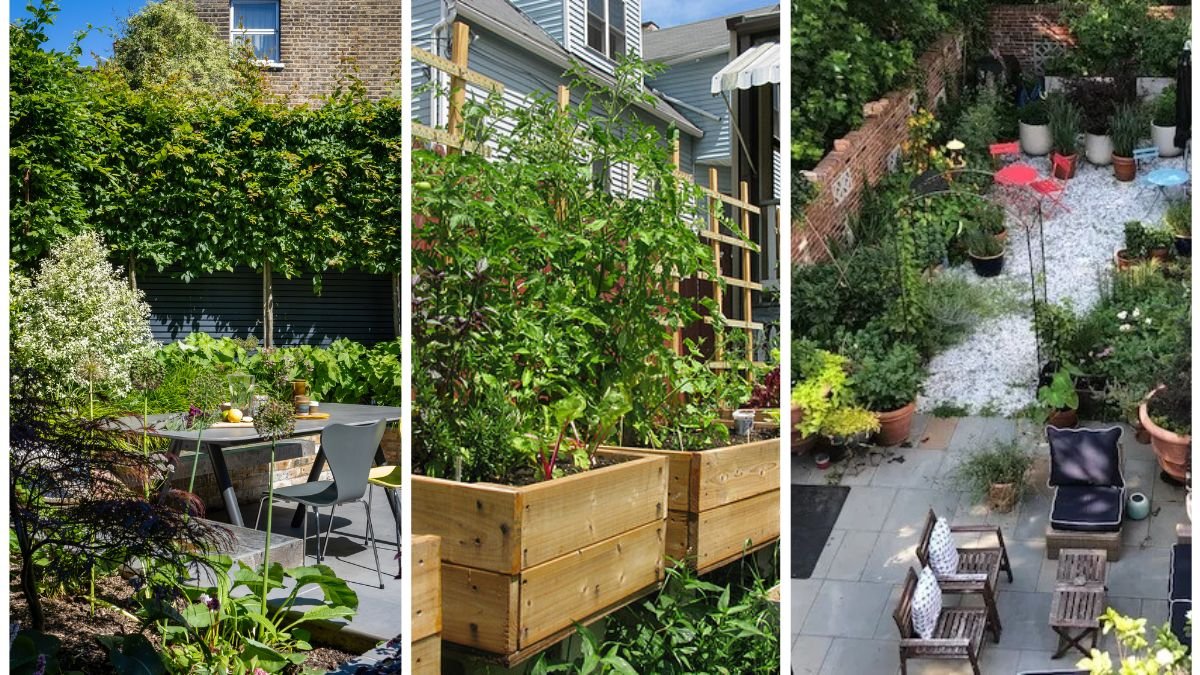Urban living brings its own unique set of challenges for gardeners. Limited space, high population density, noise, and close proximity to neighbors can make maintaining a serene and enjoyable garden difficult. However, with thoughtful planning, design strategies, and community mindfulness, it is possible to create a peaceful urban garden that provides relaxation, beauty, and a retreat from the hustle and bustle of city life.
This article explores practical techniques, design principles, and behavioral strategies for maintaining garden peace in tight urban areas, helping urban dwellers transform small outdoor spaces into harmonious sanctuaries.
Understanding the Challenges of Urban Gardens
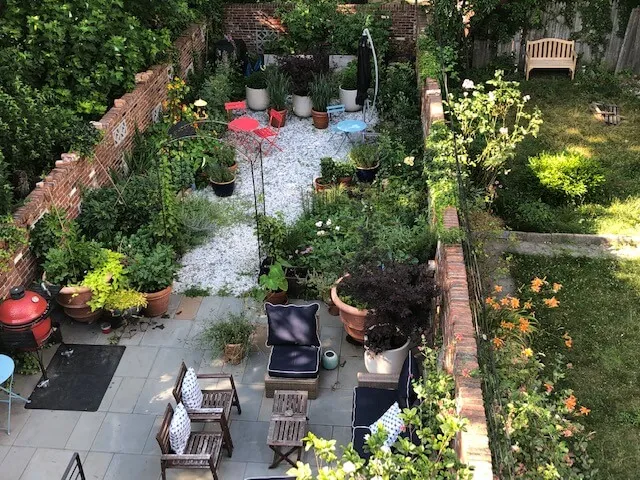
Urban gardens often face unique stressors that can disrupt the sense of peace:
- Limited Space – Small plots and balconies require creative solutions for planting and design.
- Noise Pollution – Traffic, construction, and nearby activity can disturb tranquility.
- Close Proximity to Neighbors – Shared walls, fences, and patios can lead to disputes or lack of privacy.
- Environmental Stressors – Pollution, shade from tall buildings, and limited sunlight affect plant growth and garden ambiance.
- Pest Management – Urban gardens may attract pests such as rodents or insects due to nearby garbage or limited green spaces.
Recognizing these challenges helps gardeners develop strategies to mitigate stressors while enhancing comfort and peace.
1. Design Your Space for Privacy
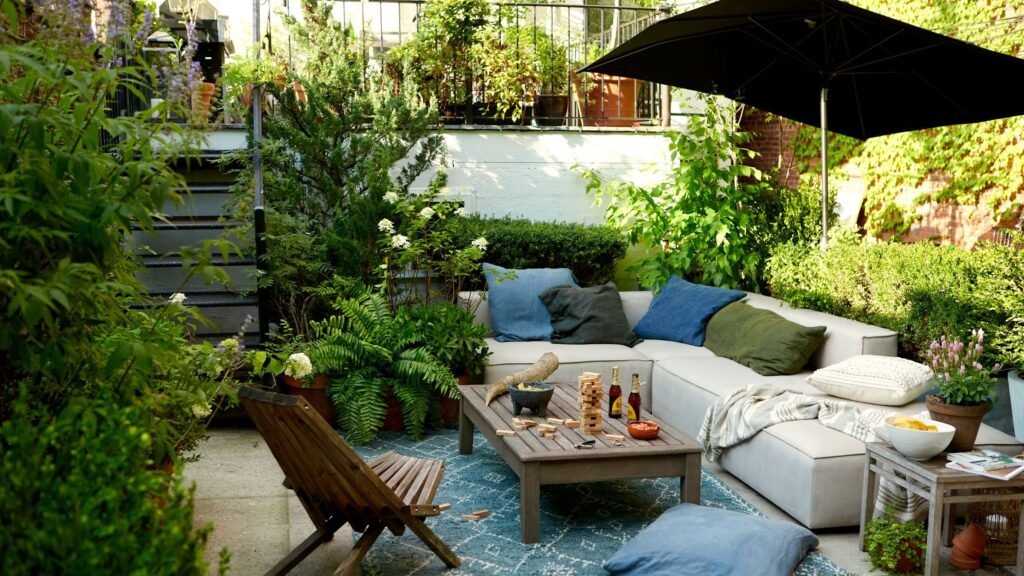
Creating a sense of privacy is essential for a peaceful garden. Even in tight spaces, thoughtful design can provide seclusion and intimacy.
Strategies for Privacy:
- Vertical Gardening – Use trellises, wall-mounted planters, or vertical gardens to block views and create green walls.
- Tall Plants and Hedges – Bamboo, arborvitae, or fast-growing shrubs provide natural barriers.
- Screens and Fencing – Decorative screens, lattice panels, or slatted fences add privacy while remaining visually appealing.
- Strategic Layout – Place seating areas away from high-traffic zones or neighboring windows.
Benefits: Privacy barriers reduce visual intrusion and create a sense of personal sanctuary, helping urban gardeners feel relaxed and secure.
2. Use Sound-Reducing Techniques
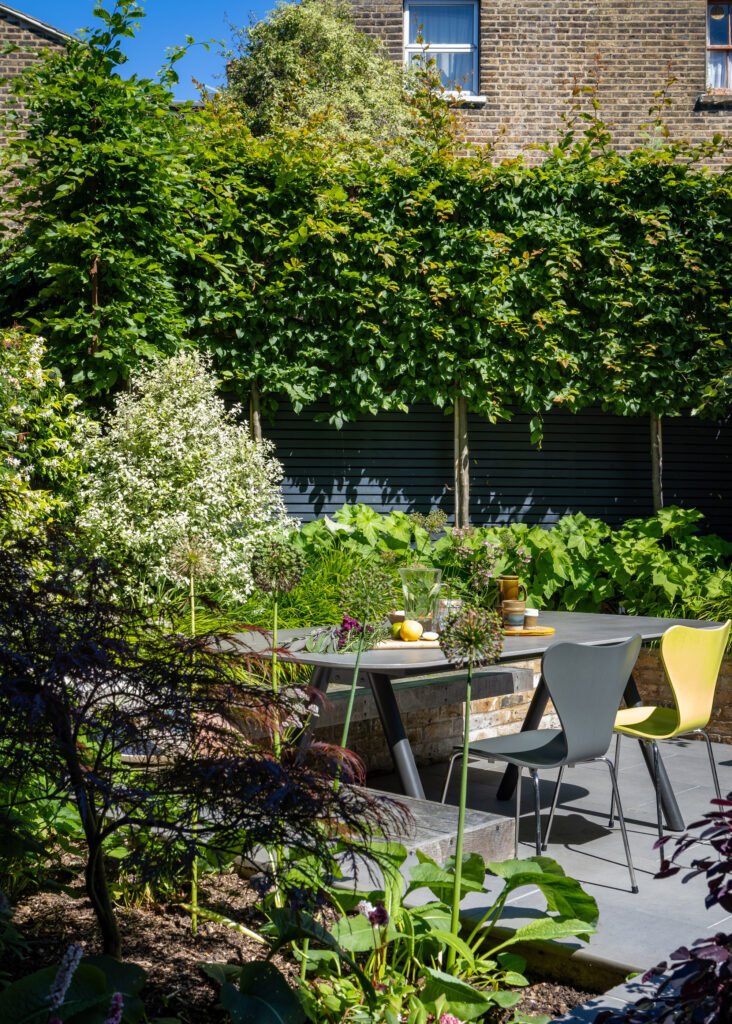
Noise pollution is a common stressor in urban areas, and a noisy environment can disrupt garden peace. Using sound-mitigating strategies enhances serenity.
Sound-Reducing Solutions:
- Water Features – Fountains, small waterfalls, or bubbling pots mask urban noise and add calming sounds.
- Dense Planting – Trees, shrubs, and climbing vines absorb sound and buffer noise from streets.
- Acoustic Screens – Install panels designed to reflect or absorb sound.
- Soft Surfaces – Gravel paths, mulch, or rubber decking reduce footfall noise compared to concrete.
Benefits: A quieter garden environment improves relaxation, focus, and the enjoyment of outdoor spaces.
3. Optimize Plant Selection for Serenity
Choosing the right plants can enhance visual and sensory calmness in your garden. Urban gardens benefit from plants that are compact, low-maintenance, and aromatic.
Recommended Plant Types:
- Compact Trees and Shrubs – Dwarf fruit trees, Japanese maple, or boxwood provide greenery without overwhelming small spaces.
- Aromatic Herbs and Flowers – Lavender, rosemary, jasmine, or gardenia add soothing scents.
- Evergreen Plants – Maintain greenery year-round for consistent visual appeal.
- Seasonal Blooms – Choose a mix of perennials and annuals for continuous color and interest.
Tip: Avoid highly invasive species that can create maintenance stress or disputes with neighbors.
4. Manage Boundaries and Neighbor Relations
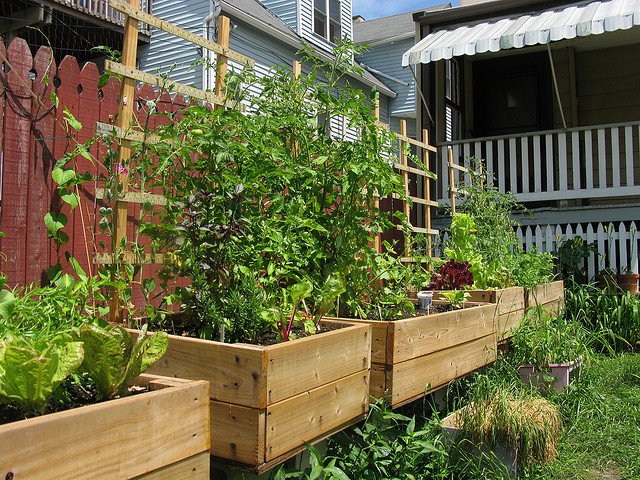
In tight urban areas, neighbors are often just a wall or fence away. Maintaining peaceful relationships reduces conflicts and enhances garden enjoyment.
Boundary Management Tips:
- Regular Maintenance – Trim hedges and overhanging branches to avoid encroaching on neighbors’ space.
- Respect Privacy – Avoid placing seating or windows where they directly overlook neighbor gardens.
- Communicate Openly – Discuss shared issues like fence maintenance, tree roots, or noise from garden equipment.
- Shared Responsibilities – In some urban settings, splitting costs for boundary plants, fences, or screens ensures fairness and reduces tension.
Benefits: Cooperative and respectful neighbor relations prevent disputes that can disrupt garden peace.
5. Create Zones Within Your Garden
Even small urban gardens can benefit from zoning—defining areas for relaxation, planting, and social activity.
How to Implement Zones:
- Seating Area – A small bench or chair surrounded by greenery provides a quiet retreat.
- Planting Beds – Raised beds or container gardens organize greenery and prevent clutter.
- Decorative Features – Ponds, statues, or trellises create visual focal points.
- Paths and Walkways – Defined paths guide movement and create a sense of order.
Tip: Using screens, containers, or raised beds to define zones enhances both functionality and visual appeal.
6. Minimize Garden Maintenance Stress
Gardens should be a source of calm, not stress. Streamlining maintenance ensures the space remains peaceful.
Maintenance Tips:
- Choose Low-Maintenance Plants – Perennials, succulents, and native plants require less watering and pruning.
- Automate Watering – Use drip irrigation or self-watering containers to reduce daily effort.
- Plan for Seasonal Changes – Prepare your garden for winter or drought periods to avoid stress during extreme conditions.
- Regular Cleanup – Remove fallen leaves, debris, and weeds promptly to maintain a tidy appearance.
Benefits: Reducing garden upkeep allows you to enjoy the space without added stress or frustration.
7. Enhance Mental Well-Being Through Garden Design
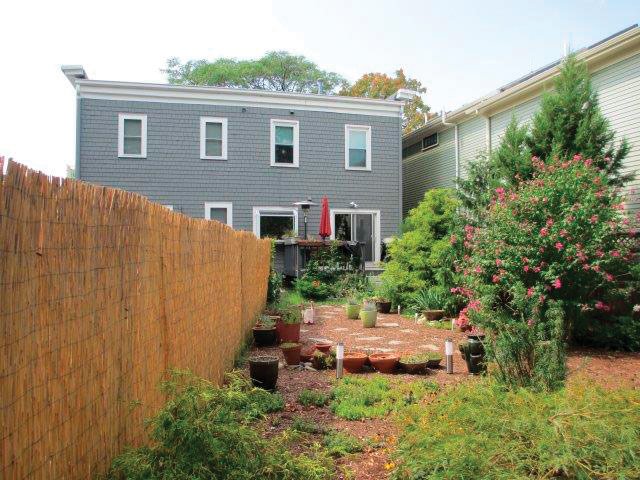
Urban gardens can serve as therapeutic retreats for mental and emotional well-being.
Tips for a Mindful Garden:
- Include Meditation or Yoga Spaces – Even a small mat or bench can provide a calming spot.
- Use Color Psychology – Soft greens, blues, and pastels promote relaxation, while bright colors energize.
- Incorporate Natural Materials – Wood, stone, and water elements enhance the natural, peaceful feel.
- Encourage Wildlife – Bird feeders, butterfly plants, and small ponds create a lively yet calming environment.
Benefits: Thoughtful design encourages mindfulness, reduces stress, and promotes a sense of sanctuary even in densely populated areas.
8. Leverage Vertical and Container Gardening
In urban areas, space constraints make vertical and container gardening essential.
Techniques:
- Vertical Gardens – Wall-mounted planters or trellises allow for greenery without taking up floor space.
- Hanging Baskets – Ideal for flowers, herbs, or trailing plants in small balconies.
- Stacked Containers – Use tiered planters for herbs or vegetables, optimizing limited space.
- Portable Containers – Move plants for better sunlight, privacy, or aesthetic rearrangement.
Benefits: Maximizes greenery, improves privacy, and creates a more immersive, peaceful environment without overcrowding.
Conclusion
Keeping garden peace in tight urban areas requires a combination of smart design, neighborly communication, and maintenance planning. Key strategies include:
- Designing for privacy – using vertical gardens, hedges, and screens.
- Reducing noise pollution – incorporating water features, dense planting, and acoustic barriers.
- Selecting calming plants – compact trees, aromatic herbs, and evergreen species.
- Managing neighbor relations – open communication, regular maintenance, and respectful boundaries.
- Creating functional zones – seating, planting, decorative features, and walkways.
- Minimizing maintenance stress – low-maintenance plants, automated watering, and seasonal planning.
- Promoting mental well-being – meditation spaces, mindful color choices, and wildlife-friendly elements.
- Maximizing limited space – vertical and container gardening solutions.
By implementing these strategies, urban gardeners can transform small, crowded spaces into serene retreats, providing relaxation, beauty, and a sense of privacy despite the challenges of city living.
A well-planned urban garden not only improves your quality of life but also strengthens community relationships, enhances property value, and fosters a deeper connection with nature—proof that peace is achievable even in the heart of a bustling city.
